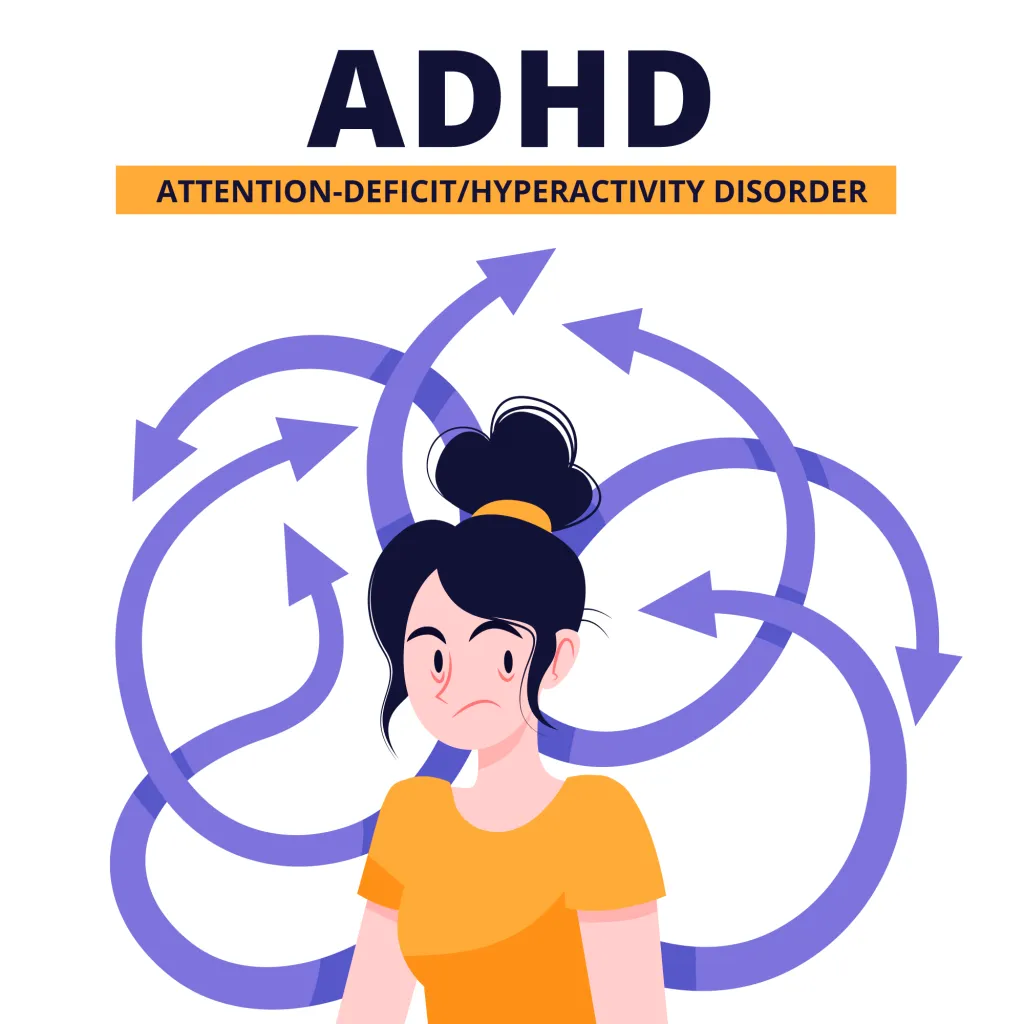With incidence rates of between 3% and 4%, attention deficit hyperactivity disorder (ADHD) is one of the most often diagnosed mental diseases. The disorder’s hallmark symptoms of hyperactivity, impulsivity, and inattention are commonly managed with medication. Being a developmental disorder, it means that the symptoms appear before the age of twelve, during childhood. The symptoms may make it difficult to operate at home and at school and may make it difficult to make and maintain friends.
Parents frequently ask me, “Should my child with ADHD be on medication?” and “What are the downsides of medication?” even though, as a psychologist, I do not recommend medication. and then ask, “Aren’t there too many kids on medication anyway?” often after that. Parents and medical professionals can get answers to these queries regarding the medication methylphenidate, in particular, from a study that was published in the BMJ last autumn.
In the world, methylphenidate is the medication most frequently recommended for ADHD. Numerous brand names, such as Ritalin, Concerta, Metadate, Daytrana, and Quillivant, are associated with it. Until this study, there had not been thorough, systematic assessments of the advantages and disadvantages of this medication, despite the fact that it has been used for more than 50 years to treat ADHD and has been shown to be beneficial in reducing the symptoms of impulsivity, hyperactivity, and inattention.
What we’ve learned about methylphenidate
In order to conduct the study, the researchers went through hundreds of publications that looked at methylphenidate’s impact on ADHD. Methylphenidate did, according to their analysis, help kids perform better in class. Put another way, when children with ADHD were taking the medication, teachers reported better overall behaviour and less symptoms of ADHD. Furthermore, parents who reported their children using medicine reported a higher quality of life for the family.
However, there has been some indication that methylphenidate has a risk of adverse consequences, such as decreased appetite and difficulty sleeping. We refer to these side effects as “non-serious adverse effects.” But they could appear rather serious if you’re a parent of a youngster who isn’t eating or sleeping. The good news is that there is no proof methylphenidate causes more serious adverse effects, such as those that could be fatal or necessitate a hospital stay or permanent condition.
Protect yourself from the damage of chronic inflammation.
Research has demonstrated that persistent, low-grade inflammation can become a silent killer that exacerbates other illnesses including type 2 diabetes, cancer, and cardiovascular disease. Learn easy strategies to reduce inflammation and maintain your health from professionals at Harvard Medical School.
What should parents do?
What does this entail for parents who are debating whether to get their child an ADHD prescription? First off, people don’t have to worry about major, long-term issues from taking methylphenidate, the most commonly prescribed drug. It probably won’t. Second, parents need to be ready for their children to have small, transient side effects like trouble sleeping and eating, as methylphenidate use affects a considerable number of youngsters (around 25%, according to this study). Parents can anticipate potential solutions, such as having a large breakfast before taking the medication or lowering the dose if sleep is an issue, by being aware that problems like these might exist and that they may get better as a child gets used to it. All of these can be explored with a child’s paediatrician, and once these problems are recognised, there are strategies to deal with them. Lastly, the fact that these drugs can enhance a child’s overall behaviour at school, enhance the quality of life for a family at home, and lessen concentration, impulsivity, and hyperactivity issues should reassure parents.
ADHD medication: The bigger picture
The question of whether there are too many kids taking medicine is not addressed by this study. It’s interesting to note that additional research has revealed that between one-third and up to half of children with serious developmental and psychiatric issues do not receive treatment. This information is frequently shocking to many. That is a large number of children who require assistance, in the form of counselling, educational support, or (in certain cases) medication. Additionally, only one medication—albeit the most commonly prescribed one—is covered in this study.It might be difficult to choose the best course of action for your child with ADHD.
There are alternative options to medication for children with ADHD; research indicates that some behavioural therapies can also be successful in helping them acquire new abilities. Actually, new research suggests that a hybrid strategy would work best. Put another way, medicine can maximise the benefits of non-pharmacological therapies like counselling and educational resources for children. The drawbacks of methylphenidate medicine are probably not greater than the benefits in the majority of cases when it is properly given by a physician who is knowledgeable about and frequently treats these conditions.

